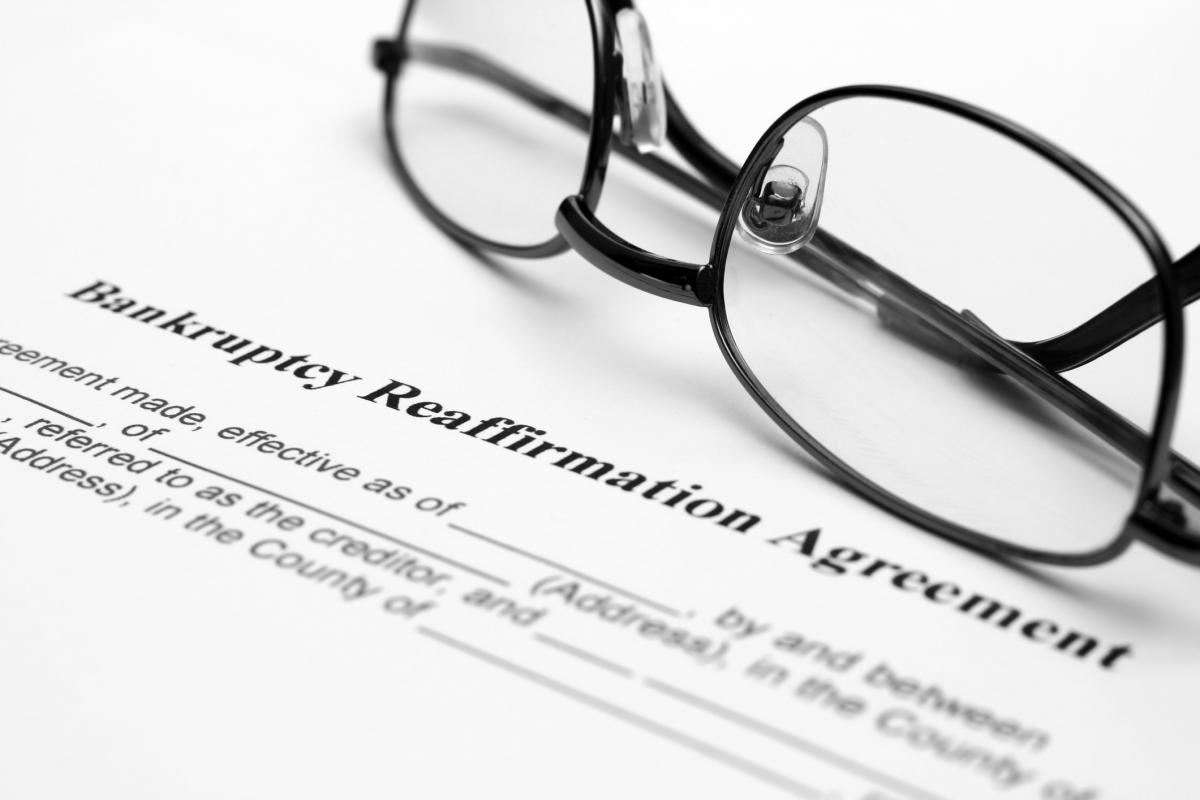Submitted by the Bond & Botes Law Offices - Wednesday, August 16, 2023

Navigating Bankruptcy: Understanding Reaffirmation Agreements with the Help of a Bankruptcy Attorney
Introduction: Facing financial difficulties can be overwhelming, but it’s important to know that there are legal options available to help you regain control of your financial situation. If you’re considering bankruptcy, you’ve likely come across the term “reaffirmation agreement.” In this blog post, we’ll demystify this concept and explain how a bankruptcy attorney can guide you through the intricacies of reaffirmation agreements.
Bankruptcy Attorney:
When dealing with complex legal matters like bankruptcy, having an experienced bankruptcy attorney by your side can make all the difference. A bankruptcy attorney specializes in helping individuals and businesses navigate the intricacies of bankruptcy proceedings, ensuring that your rights are protected and that you make informed decisions throughout the process.
What is a Reaffirmation Agreement?
A reaffirmation agreement is a legal contract between a debtor and a creditor during a bankruptcy case. It specifically applies to secured debts, which are debts tied to collateral, such as a car loan or a mortgage. In a bankruptcy case, you have the option to discharge certain debts, meaning you’re no longer legally obligated to repay them. However, with a reaffirmation agreement, you essentially agree to continue making payments on a specific debt even after your bankruptcy case is concluded.
How Does a Reaffirmation Agreement Work?
- Secured Debts: Reaffirmation agreements are most commonly used for secured debts. These debts involve collateral that the creditor can repossess or foreclose upon if you fail to make payments.
- Voluntary Agreement: Both the debtor and the creditor must voluntarily agree to the terms of the reaffirmation agreement. The debtor must demonstrate that they can afford the payments and that it’s in their best interest to maintain the debt.
- Binding Agreement: Once approved, the reaffirmation agreement becomes a legally binding contract. This means that even though you’ve filed for bankruptcy, you are still obligated to repay the debt according to the terms outlined in the agreement.
Benefits and Considerations:
- Retaining Assets: Reaffirming a debt can help you keep important assets, such as your car or home, by continuing to make payments on them.
- Credit Rebuilding: Consistently making payments as per the reaffirmation agreement can positively impact your credit score over time.
- Financial Responsibilities: It’s crucial to consider whether you can realistically afford the payments outlined in the agreement. Consulting with a bankruptcy attorney can help you make an informed decision.
- Legal Guidance: A bankruptcy attorney can negotiate with creditors on your behalf, ensuring that the reaffirmation agreement terms are fair and favorable to you.
Conclusion:
Navigating bankruptcy and the complexities of reaffirmation agreements can be overwhelming, but you don’t have to go through it alone. A knowledgeable bankruptcy attorney can be your advocate, helping you understand your options and guiding you toward the best decisions for your financial future. Reaffirmation agreements have their benefits, but they also come with responsibilities, so seeking legal advice is a crucial step in ensuring a successful financial recovery journey. At the Bond & Botes Law Offices, our team of experienced debt resolution attorneys knows what can and what can’t be reaffirmed during bankruptcy and will guide you in making the best decision for your situation. We provide absolutely free consultations call 1-877-581-3396 or email us through our website.
At the Bond & Botes Law Offices, our team of experienced debt resolution attorneys knows what can and what can’t be reaffirmed during bankruptcy and will guide you in making the best decision for your situation. We provide absolutely free consultations call 1-877-581-3396 or email us through our website.

 1-877-581-3396
1-877-581-3396

